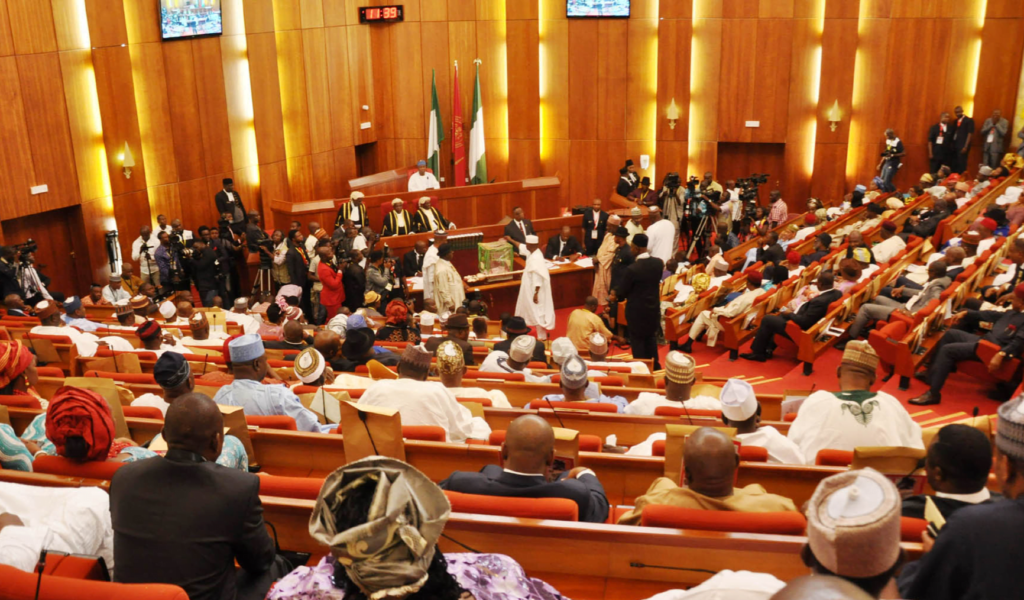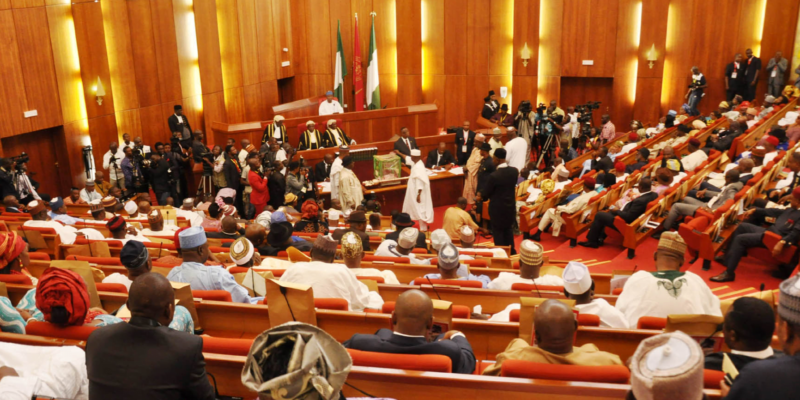
The Nigerian Senate has expressed grave concern over the proposed N40 billion multilateral and bilateral deductions outlined in the 2025 budget of the Federal Ministry of Water Resources and Sanitation. This move, according to lawmakers, threatens to cripple the Ministry’s ability to meet its critical mandate of providing water to Nigerians.
During a budget defense session on Wednesday in Abuja, Minister of Water Resources, Prof. Joseph Utsev, and ministry officials faced intense scrutiny from the Senate Committee on Water Resources and Sanitation. Committee Chairman, Senator Kenneth Chukwuemeka Eze, voiced deep concerns, questioning how a vital government ministry tasked with water provision could operate with such limited funds while prioritizing loan repayments.
“What happened to the projections for 2025 when loan repayments have consumed a significant portion of the budget?” Senator Eze queried, pointing out the potential adverse impact on the Ministry’s ability to fulfill its objectives.
The Senate Committee members further expressed dismay over the growing menace of erosion, stressing its devastating social and economic consequences across the country. They called for urgent attention to the issue in the 2025 budget to prevent further escalation.
In his presentation, Prof. Utsev detailed the challenges the Ministry faced, noting that after loan repayment deductions, only N57.7 billion remained for operational activities. He emphasized that the 2025 budget proposal prioritizes the completion of ongoing dam and irrigation projects, which are critical to enhancing agricultural productivity and food security.
The Minister also highlighted the Ministry’s plan to collaborate with private sector partners under Public-Private Partnership (PPP) arrangements for dam and hydropower projects. Additionally, he outlined efforts to engage international organizations for sustainable water management and sanitation initiatives.
While acknowledging the importance of adequate funding, Prof. Utsev lamented the Ministry’s limited capital expenditure ceiling and insufficient overhead allocation for daily operations, which hinder progress in crucial water-related projects.
With the Senate’s backing, the Ministry’s call for increased budget allocations is set to intensify as it seeks to deliver on its water provision commitments and combat other pressing challenges in the sector.

Comments